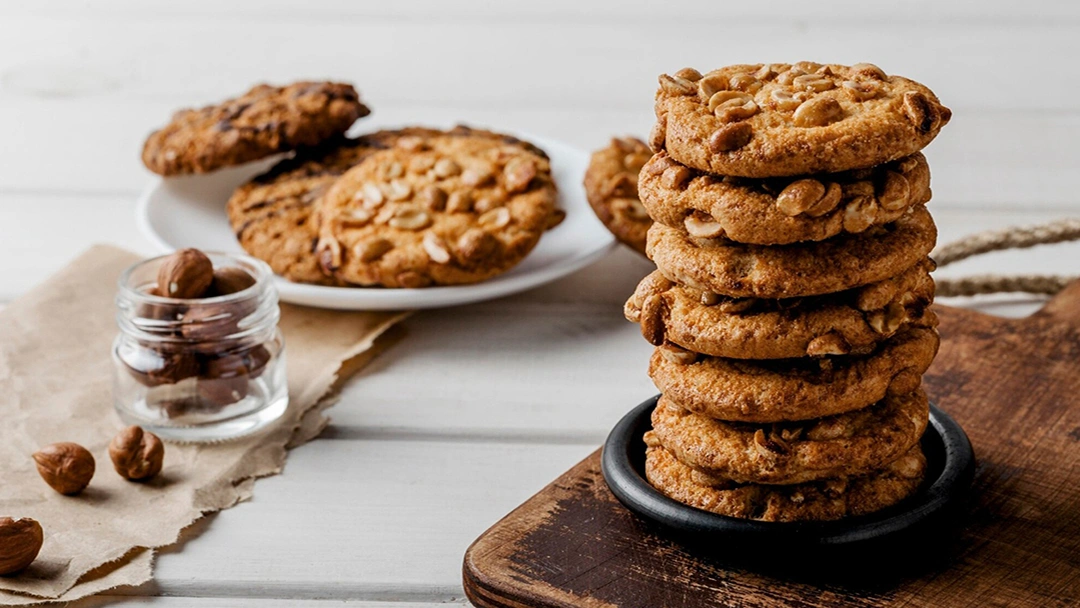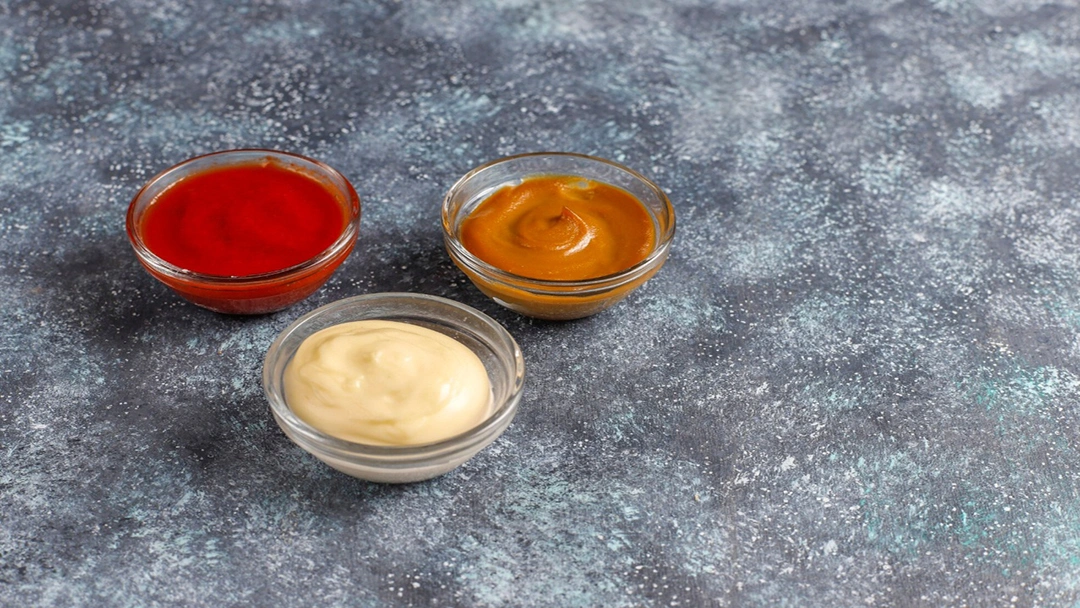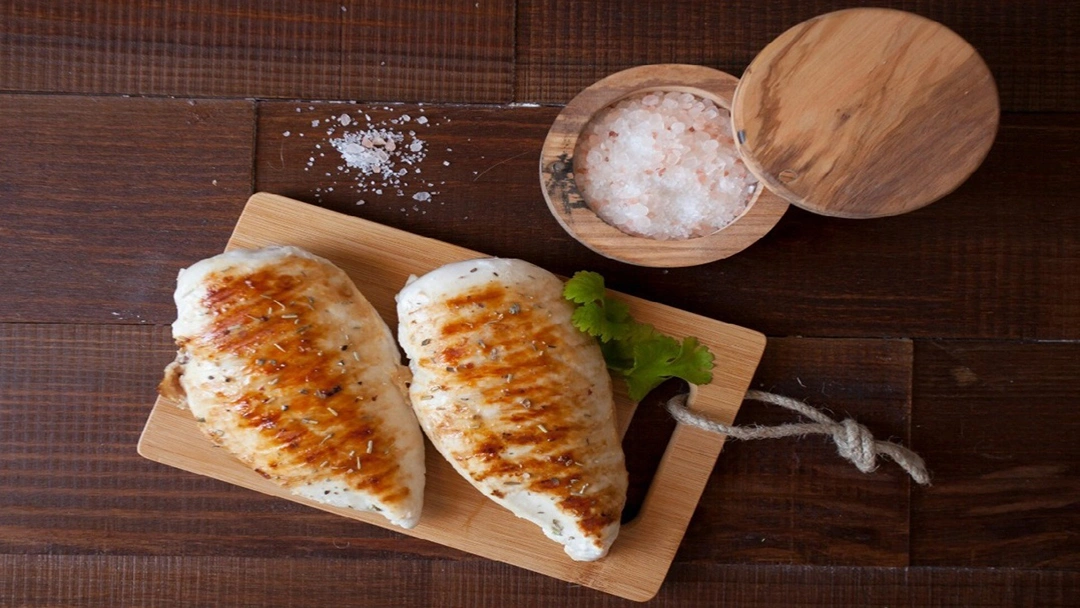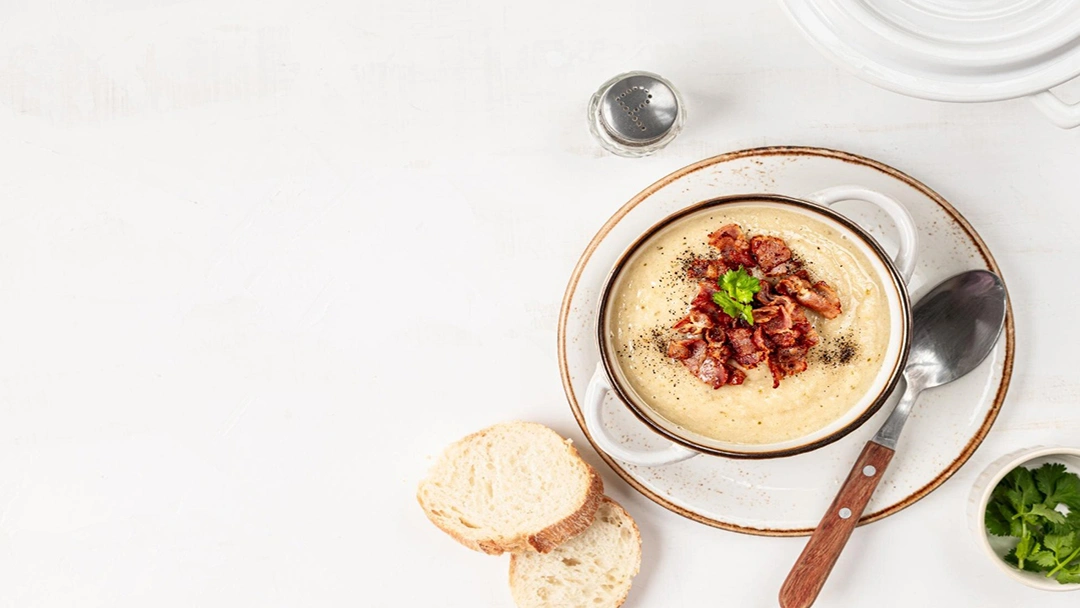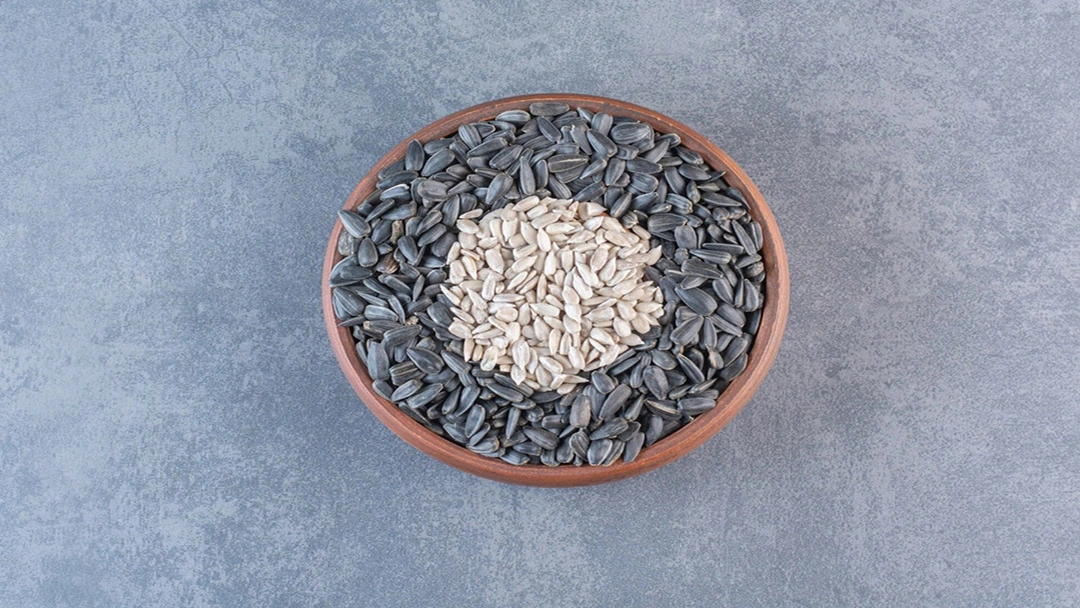What Are the Different Types of Milk?
Well, there are different kinds of milk in the market, including:
[cta-meetings]
- Cow's Milk: Whole milk (contains all of the milk fat), 2% reduced-fat milk (contains 2% milk fat), 1% low-fat milk (contains 1% milk fat), and skim fat-free milk (contains less than 0.5% milk fat)
- Goat's Milk
- Sheep's Milk: Contains more fat and protein than cow's milk.
- Plant-based milk: Soy Milk, Almond Milk, Rice Milk, Oat Milk, Coconut Milk, Cashew Milk, and Hemp Milk
- Lactose-Free Milk: Regular cow's milk with added enzymes to digest lactose for lactose-intolerant individuals.
- A2 Milk: Contains only the A2 type of beta-casein protein, which is easier to digest than A1 protein (commonly found in regular milk).
- Raw Milk: Unpasteurized and unhomogenized milk
Although different brands contain different nutritional values, let’s compare the average carbohydrate, calorie, protein, sugar, and fat content in 1 cup of these types of milk and see which can be an option for those who want to drink milk on the Carnivore diet [3] [4] [5] [6] [7] [8] [9] [10] [11] [12] [13] [14] [15] [16] [17] [18].
| Type of Milk | Carbohydrates (g) | Calories (in 100 g) | Protein (g) | Sugar (g) | Fat (g) |
|---|
| Whole Milk |
4.63 |
61 kcal |
3.27 |
4.81 |
3.2 |
| 2 per cent (Reduced-Fat) Cow's Milk |
4.9 |
50 kcal |
3.36 |
4.89 |
1.9 |
| 1 per cent (Low-Fat) Cow’s Milk |
5.18 |
43 kcal |
3.38 |
4.96 |
0.95 |
| Skim (Fat-Free) Cow’s Milk |
4.92 |
34 kcal |
3.43 |
5.05 |
0.08 |
| Goat’s Milk |
4.5 |
69 kcal |
3.6 |
4.5 |
4.1 |
| Sheep’s Milk |
6.3 |
100 kcal |
5.4 |
5 |
5.8 |
| Soy Milk |
3 |
41 kcal |
2.78 |
3.68 |
1.96 |
| Almond Milk |
0.67 |
19 kcal |
0.66 |
1.14 |
1.56 |
| Rice Milk |
9.17 |
47 kcal |
0.28 |
5.28 |
0.97 |
| Oat Milk |
5.1 |
48 kcal |
0.8 |
2.32 |
2.75 |
| Coconut Milk |
2.92 |
31 kcal |
0.21 |
2.5 |
2.08 |
| Cashew Milk |
5.73 |
79 kcal |
2.2 |
2.64 |
5.29 |
| Hemp Milk |
2.5 |
19 kcal |
0.83 |
0.42 |
1.25 |
| Lactose-Free Cow’s Milk |
5 |
54 kcal |
3.33 |
5 |
2.08 |
| A2 Milk |
5 |
32 kcal |
3.75 |
5 |
3.33 |
| Raw Milk |
3.6 |
393 kcal |
21.4 |
0 |
32.1 |
As the table suggests, cow’s, goat’s, and sheep’s milk contain high amounts of sugar, which makes them unsuitable for those on a Carnivore diet, especially those who try to lose weight.
Another point about the above table is that you may think plant-based kinds of milk can be suitable for Carnivores as they mostly have low carbohydrate levels. Well, think again!
Learn More: Can You Eat Honey on a Carnivore Diet?
[cta-meal-plan]
Say No to Plant-Based Milk on the Carnivore Diet
Plant-based kinds of milk, like soy milk, almond milk, rice milk, oat milk, coconut milk, etc., are made from plant sources, so they are not allowed on the Carnivore diet. They are usually used in vegetarian, vegan, or plant-based diets.
Taking another look at the table, you may think lactose-free milk can be a good option because it must contain low levels of sugar (lactose). But it’s not!
Learn More: What Is The Best Butter for The Carnivore Diet?
"For those on a Carnivore Diet, full-fat dairy like milk can be included if it doesn't cause digestive issues or inflammation. It's essential to listen to your body and adjust accordingly."
Lactose-Free Milk Is Not Okay on the Carnivore Diet
Lactose is a sugar found in milk, which is digested by the enzyme lactase, produced in our small intestines.
However, about 65% of the world’s population is lactose-intolerant [19], i.e., they cannot make enough lactase to digest lactose.
This undigested lactose can cause abdominal bloating, cramps, and diarrhea in most adults [20].
[cta-gocarnivore-plans]
To solve this problem, dairy companies have produced lactose-free milk. The label says it’s free of lactose, but it still contains sugar. So, it’s not recommended for Carnivores, especially if you wish to lose weight and decrease inflammation.
Also, regular milk contains A1 beta-casein protein, which can cause digestive problems.
So, some individuals prefer to drink A2 milk, which contains only the A2 beta-casein protein, which is claimed to be easier to digest, but more research is needed to prove this.
However, raw milk can be a good option for those who want to benefit from milk on the Carnivore diet.
Learn More: Carnivore Diet What I Eat In A Day to Melt Fat
You Can Drink Raw Milk on the Carnivore Diet
As the table above shows, raw milk contains 0 sugars and the highest amount of protein and fat, which are necessary for the Carnivore diet.
Raw milk is the milk from cows (also sheep, goats, camels, and buffalos) that hasn’t been pasteurized or homogenized.
Pasteurization is the process of heating milk to eliminate harmful microorganisms like bacteria, viruses, and molds [21].
But the problem with pasteurization is that it also kills helpful bacteria, which ferment the milk and produce beneficial enzymes.
Raw milk contains Lactobacillus, the bacteria that produce lactase (the lactose-digesting enzyme), which is destroyed during pasteurization. So, raw milk can help lactose digestion, which is good news for lactose-intolerant individuals [22].
[cta-meetings]
Since many people are lactose-intolerant, they cannot drink pasteurized milk because of its lactose content, so they prefer to drink raw milk [23].
Although many believe raw milk is dangerous as it contains bad bacteria (along with good bacteria), various systems have been developed worldwide to ensure the safety and quality of raw milk for direct consumption [24].
Also, Dr. Bill Schindler, who is an advocate of natural nutrition and ancestral diets, believes that pasteurized and homogenized milk is not real milk as the pasteurization and homogenization processes eliminate both the useful and harmful bacteria and the fat content of the raw milk.
So, what are the benefits of (raw) milk on the Carnivore diet?
Learn More: Can You Have Coconut Water on the Carnivore Diet?
"Many people on the Carnivore Diet choose to avoid milk because of its lactose content, which can be problematic for those with lactose intolerance or sensitivity. Stick to dairy products like cheese and butter, which are lower in lactose."
The Benefits of Drinking Milk on the Carnivore Diet
On the one hand, milk, especially raw, is a rich source of various nutrients and minerals. Milk is rich in riboflavin (vitamin B2) and niacin (vitamin B3), which are essential for producing energy in your body, which helps Carnivores manage energy levels.
[cta-meal-plan]
Raw milk can help lower inflammation if consumed in moderation and with a nutritious animal-based diet.
Raw milk contains higher levels of beneficial minerals that are lost while processing other dairy products. Studies show that pasteurization decreased vitamin C levels to 7.0 mg. and 19.1 mg per liter [25]. But that’s not it.
Raw Milk Can Improve General Health
A 2019 study focused on the effects of consuming raw milk on the health condition of 327 participants. It indicated that drinking raw milk can positively impact general health, perceived immunity, bowel function, and mood [26].
Learn More: Bodybuilding on a Carnivore Diet: Bulking or Losing Muscles? [Meal Plan]
Raw Milk Is Highly Nutritious
Raw milk is more nutritious than pasteurized milk because it contains beneficial probiotics and enzymes that are removed during pasteurization.
[cta-gocarnivore-plans]
It also contains vitamins A, D, and K, calcium, iron, phosphorus, zinc, and omega-3 fatty acids.
| Raw Milk Nutrients | Amounts in 100 grams |
|---|
| Sodium |
643 mg |
| Dietary Fiber |
0 |
| Iron |
3.6 mg |
| Calcium |
711 mg |
| Potassium |
75 mg |
Learn More: The 20 Best Low-Carb Beers: Alcoholic and Non-Alcoholic Options
Raw Milk Can Protect Against Allergic Diseases
A 2018 study showed that consuming raw, unprocessed cow's milk can have protective effects against allergies.
The heat-sensitive whey protein of raw milk is one of the protective components that can be destroyed through pasteurization by heat treatment [27].
Another 2019 study shows that raw milk contains proteins, fats, fatty acids, and bacteria that can positively affect immune function and protect against asthma and allergies [28].
[cta-meetings]
Raw Milk Can Help Reduce Respiratory Infections
A 2014 study on 983 infants showed that raw milk can help decrease the risk of respiratory infections and fever in the first year of life by 30%.
This study suggests that if the health problems of raw milk could be conquered - which is happening in some countries like Germany - its health effects would be significant [29].
Many People Can't Digest Lactose
According to the National Institutes of Health, about 65% of the global population has a reduced ability to digest lactose after infancy, which may explain why many on the Carnivore Diet avoid milk.
Milk Can Positively Affect Diabetes, Heart, and Bones
Consuming milk can lower the risk of type 2 diabetes and cardiovascular disease, especially stroke. Also, drinking milk can increase bone mineral density [30].
Learn More: How Can a Carnivore Diet Cure Diabetes Type 1 and 2?
[cta-meal-plan]
Milk Contains Components to Control Microbes
Milk contains antimicrobials, including lactoferrin, immunoglobulin, lysozyme, lactoperoxidase, bacteriocins, oligosaccharides, and xanthine oxidase, which control harmful microbes and delay milk spoilage [31].
On the other hand, if you prefer to drink any kind of milk on the Carnivore diet, you need to know about the possible side effects.
The Side Effects of Having Milk on the Carnivore Diet
Generally, milk contains sugar and carbohydrates, which are not allowed on the Carnivore diet. It can also cause lactose issues in lactose-intolerant individuals [32].
Some kinds of milk contain additives, which can add to the sugar, carbohydrate, and calorie content of milk. Additionally, milk can cause the following problems in some individuals.
Milk Can Cause Acne and Allergies
A 2018 meta-analysis of 78,529 participants indicated that drinking milk is associated with an increased incidence of acne, which can be because of milk’s effects on hormones like insulin and (IGF-1) [33].
Also, a 2013 study found that consuming milk can cause skin reactions, such as eczema, and digestive issues like constipation, diarrhea, and colic [34].
Learn More: Carnivore Ice Cream: Can I Have It? How to Make It? [The Best Recipes]
[cta-gocarnivore-plans]
Milk Can Cause Bone Fractures
A 2014 study suggested that drinking three or more glasses of milk a day can boost the risk of bone fractures in women, which can be caused by a milk sugar called D-galactose [35].
Also, a recent study indicated consuming high amounts of dairy, calcium, and animal protein can cause bone fractures in older adults [36].
Milk Can Increase the Risk of Certain Cancers
Consuming too much calcium from milk and other foods can raise the risk of prostate cancer [37]. Milk sugars may be linked to a slightly higher risk of ovarian cancer.
Also, the sugars found in milk can increase the risk of ovarian cancer [38].
How about ketosis? Can milk negatively impact it?
A study published in the "Journal of Dairy Science" found that raw, full-fat milk can provide essential nutrients such as calcium, vitamin D, and omega-3 fatty acids, which can be beneficial if tolerated on a Carnivore Diet.
Can Milk Disrupt Ketosis?
Consuming too much milk, even raw milk, can disrupt ketosis because of the carbohydrate intake, but it depends on how well fat-adapted you are.
As you become more fat-adapted, you may be able to handle more carbohydrates coming from raw milk, but that really depends on the individual.
[cta-meetings]
If you are just starting the Carnivore diet and want to cure insulin resistance and diabetes, you should not consume raw milk. It’s best to keep the diet basic and focus on ruminant meats.
So, if you choose not to drink milk on the Carnivore diet, what else can you drink?
Learn More: Can You Drink Alcohol on the Carnivore Diet?
Alternatives to Milk on the Carnivore Diet
- Water
- Bone Broth
- Butter Coffee or Fatty Latte
- Black Tea or Coffee - no additives
You can also use these instead of milk in different Carnivore diet recipes:
- (Raw) Whole-Cream
- Butter
- Creamy Cheeses
Learn More: Coffee on a Carnivore Diet: Is It OK? The Best Coffee and Alternatives
[cta-meal-plan]
Summary
Although it’s better to avoid milk on the Carnivore diet, the final choice is yours and depends on your goals, needs, and preferences.
If you choose to drink milk on the Carnivore diet, go for fermented high-quality raw milk and consume it in moderation if you plan to lose weight.
If you prefer to drink pasteurized milk, choose full-fat, low-sugar, and low-carb options.











